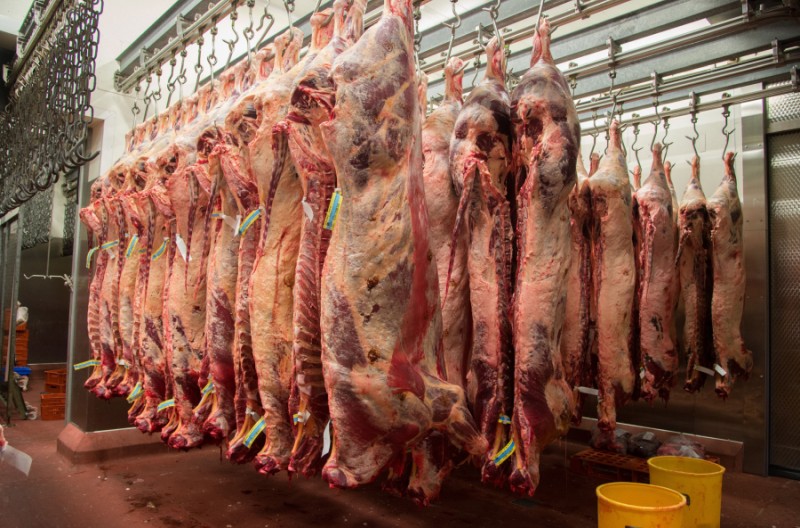
British meat firms are missing out on '£16 million in revenue' because the government has not applied for the 'negligible risk' status for BSE in England and Wales.
Both countries reached a milestone in May 2020 after going 11 years without a case of bovine spongiform encephalopathy (BSE), also known as 'mad cow disease'.
This means England and Wales can now apply to the World Organisation for Animal Health (OIE) for 'negligible risk' BSE status.
In order to gain the status, Defra must present evidence to the OIE by 31 July so the intergovernmental body can agree the new status at a meeting in May 2021.
But missing that deadline will mean the next chance to present evidence is next July, with status eventually being granted in May 2022.
According to the British Meat Processors Association (BMPA), receiving the status would open up a new £16m market for the sale of mesenteric fat, which is used in industrial applications including cosmetics production.
The body explained that this has not been available to the red meat sector in England and Wales 'for the past 24 years'.
Receiving the status would put both countries in an 'elite group of countries' around the world that were classified as having 'negligible risk' of BSE, the BMPA said.
It added that Northern Irish red meat sector was already 'reaping the benefits' of having the prestigious status.
"Government have told us that applying for the required ‘negligible risk' status isn’t on their list of priorities," the group said.
It claimed the government has 'not got the resources' to make the application: "This is extremely disappointing and a huge missed opportunity for the British meat industry."
The BMPA said the £16m in lost revenue was roughly equivalent to the total potential value of lamb exports to the US that British trade negotiators were trying to secure.
The processor group also said that being able to sell mesenteric fat instead of paying to dispose of it 'reduced waste and improved the value of every animal'.
"We know that resources needed to submit this evidence have all been diverted to deal with the Covid-19 crisis, but the milestone of being BSE free has not come out of the blue.
"Work should have been well under way back in December last year before the current crisis hit; and we should have been ready in May to submit our application to the OIE," the group said.
